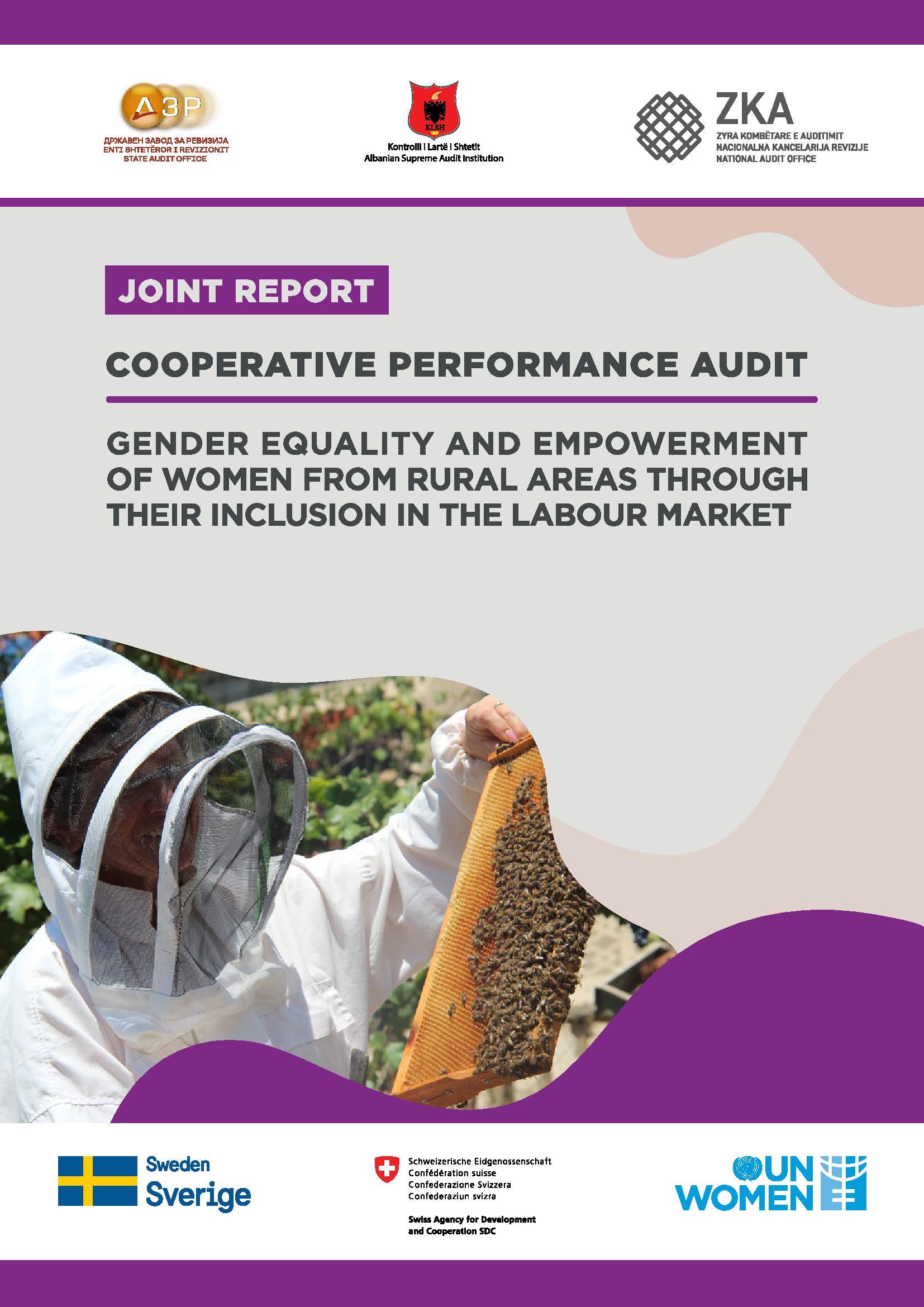Author(s)/editor(s)
State Audit Office of North Macedonia, Supreme Audit Institution of Albania, National Audit Office of Kosovo
Gender inequality is particularly pronounced in rural areas, where women face greater restrictions than men in accessing essential resources such as land, equipment, and funding. Public institutions must enhance their commitment to eliminating discrimination and ensuring women’s access to rights in rural regions. Supreme Audit Institutions (SAIs) are crucial in holding governments accountable to national and international commitments, including the implementation of SDG 5 and the Agenda 2030. In a significant step towards addressing these issues, the SAIs of North Macedonia, Albania, and Kosovo* signed a trilateral agreement to conduct a cooperative gender audit. This audit aimed to evaluate the policies and measures in place for the inclusion of rural women in the labour market. Through this collaboration, the SAIs assessed the effectiveness of these policies, promoting accountability and the advancement of gender equality in rural areas. The cooperative gender audit serves as a model for how SAIs can work together to address gender disparities and support the empowerment of rural women, ensuring they have equal opportunities to participate in the labour market and contribute to sustainable development.
*All references to Kosovo should be understood to be in the context of UN Security Council Resolution 1244 (1999). For the European Union, this designation is without prejudice to positions on status, and is in line with UNSCR 1244/1999 and the ICJ Opinion on the Kosovo declaration of independence.
View online/download
Order printed/published version
Languages available in print
English, Macedonian, Albanian, and Serbian
Bibliographic information
UN Women office publishing:
North Macedonia Programme Presence Office

